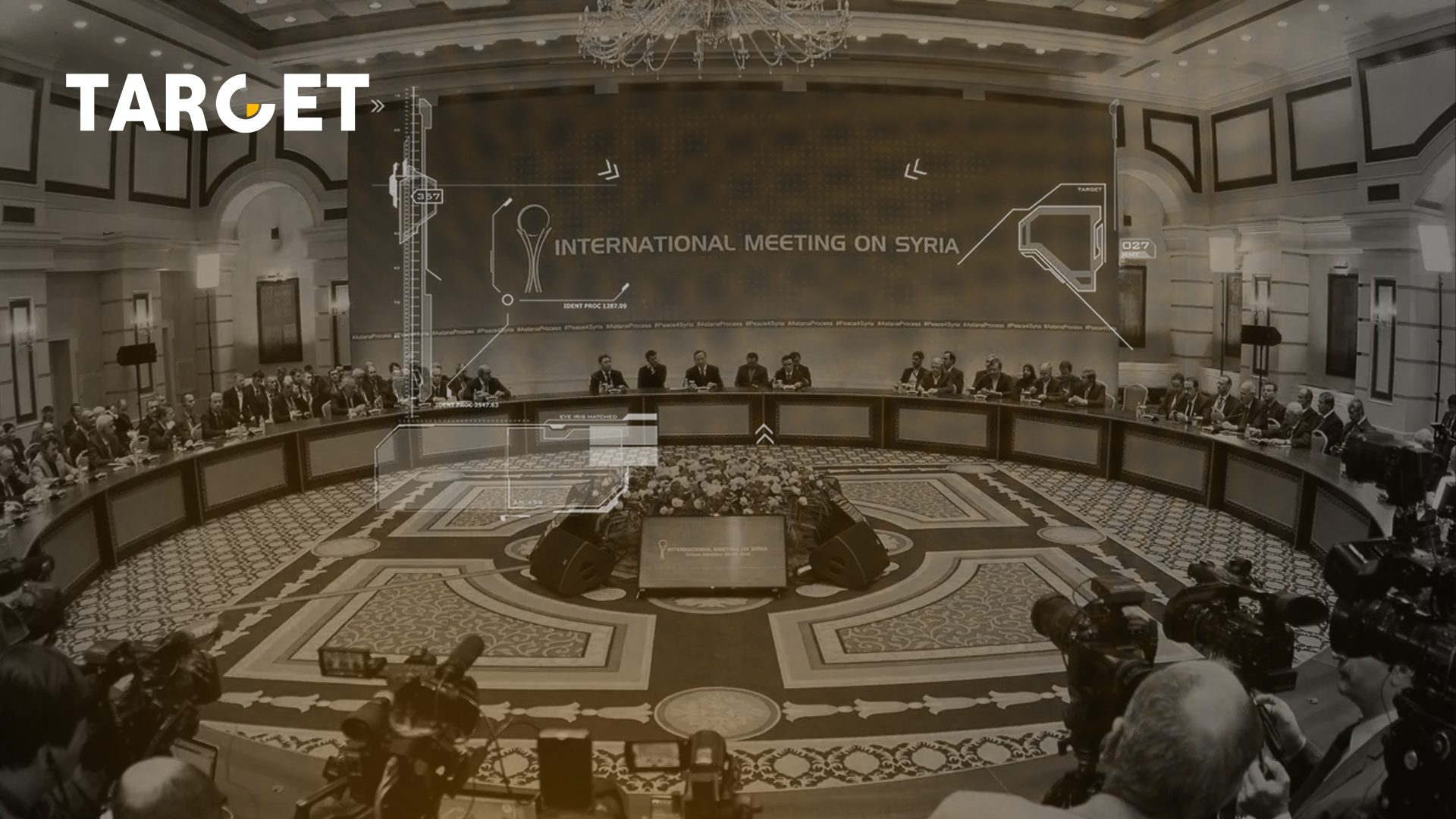The 20th summit in the so-called ‘Astana format’ between Russia, Turkey and Iran with the participation of the Syrian regime has come to an end. Since 2017, Syria’s three ‘guarantor powers’, Russia, Iran and Turkey, have been meeting in Astana to discuss the current situation and the future of Syria.
The final declaration stated the need to continue talks between Syria and Turkey. Syria’s sovereignty, independence and territorial integrity were once again made clear. It was further agreed that a secure environment and good neighborly relations must be established so that there can be a safe return of Syrian refugees.
More importantly, however, were the joint statements against the U.S. and the Self-Administration of Northern and Eastern Syria (AANES). “All attempts to create new realities in the country are rejected, including illegitimate initiatives for self-government under the false pretext of the fight against terrorism,” the statement said, clearly directed against AANES.
Ahead of the 20th round of the so-called ‘Astana format,’ Russia’s Deputy Foreign Minister Mikhail Bogdanov accused the U.S. and the Autonomous Administration of Northern and Eastern Syria (AANES) of preventing a potential solution in Syria.
Although the Self-Administration of Northern and Eastern Syria (AANES) controls large parts of the country, it is not invited to the talks, mainly due to Turkey’s opposition. Despite differences among themselves, the guarantor powers agree on one issue. The U.S. presence in northern and eastern Syria is not desired by either party.
That tempted Russian Special Presidential Envoy Mikhail Bogdanov to make statements against AANES and the United States in advance of the talks. Bogdanov said that the U.S. was not interested in resolving the Kurdish issue in Syria and would also discourage its “Kurdish partners” from holding talks with the Syrian government. Bogdanov ignored the self-government’s call for an intra-Syrian dialogue, for which it also represented a political initiative.
He also indirectly accused the U.S. of enriching itself in the country’s oil and natural resources, saying that the U.S. was present primarily in “areas of economic importance to Syria where there is oil and natural resources.” Now, the final statement also made clear that it was opposed to any attempt to “steal Syrian oil.” AANES stated in its submitted initiative that these resources belong to all Syrians.
“The Americans are supporting the Kurdish AANES, which is against a unity of the Syrian territories,” Bogdanov stated, adding, “The Americans are supporting a number of Kurdish organizations that have established a state with its own administration, so to speak. This is totally unacceptable.”
In doing so, the self-administration emphasized Syrian unity in its political initiative to resolve the crisis in Syria and presented a roadmap. Bedran Ciya Kurd, co-chair of AANES’ Office of External Relations, also recently tweeted that they do not intend secession, but on the contrary are in favor of a united Syria, but the Syrian government rejects any change.
Although much of Bogdanov’s accusations are true with Turkey as an occupying power in Syria, the Russian special envoy did not criticize Turkey. It is also questionable to what extent Turkey can support and respect Syria’s “territorial integrity, sovereignty, and independence” when it has itself occupied large parts of the country for years and now administers the areas as if they were its own provinces.
The peace intention behind the so-called Astana talks is thus questionable, as none of the three guarantor powers is willing to hold peace talks in the current situation involving the self-administration and the U.S., although they are important players in the Syria conflict. Astana is also about the particular interests of the ‘guarantor powers’ being negotiated. Meanwhile, Kazakhstan stated that it will no longer lead the talks, so Russia mentioned Moscow, Ankara, Tehran or Damascus as potential places for new talks.

